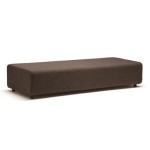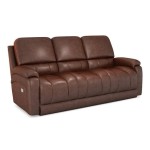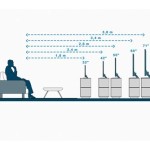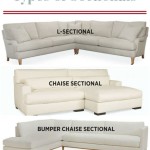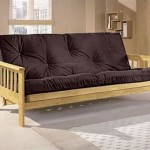Essential Aspects of Reupholster Sofa Furniture
Reupholstering sofa furniture involves replacing the fabric or leather covering and padding of an existing sofa to enhance its appearance and comfort. Understanding the essential aspects of this process is crucial to ensure a successful outcome and maximize the lifespan of your furniture.
This article will explore the key elements to consider when reupholstering sofa furniture, including fabric selection, padding materials, construction techniques, and professional assistance. By addressing these aspects, you can achieve a reupholstered sofa that meets your aesthetic preferences, provides optimal comfort, and endures daily use.
Fabric Selection
Choosing the right fabric is essential for the durability, appearance, and comfort of your reupholstered sofa. Consider the intended use of the sofa, your personal style, and the existing decor of your space. Upholstery fabrics come in a wide range of materials, including natural fibers like cotton, linen, and wool, as well as synthetic fabrics like polyester, nylon, and acrylic.
Durability is a key factor to consider, especially if the sofa will be exposed to heavy use or sunlight. Natural fibers tend to be more breathable and comfortable, but they may require more frequent cleaning and maintenance. Synthetic fabrics offer greater durability and stain resistance, making them ideal for families with children or pets.
Padding Materials
The padding materials used in reupholstering determine the comfort and support of your sofa. Common padding materials include foam, down, feathers, and batting. Foam provides a firm and supportive seating surface, while down and feathers offer a softer and more luxurious feel. Batting can be used to add additional cushioning and shape to the sofa.
The type of padding material you choose will depend on your personal preferences and the desired level of comfort. Foam is a cost-effective option that offers good support, while down and feathers provide a more indulgent seating experience. Batting can be used to enhance the comfort of any padding material.
Construction Techniques
The construction techniques used by the upholsterer will affect the durability and longevity of your reupholstered sofa. Look for a professional who uses high-quality materials and construction methods. The frame of the sofa should be sturdy and well-built, with proper support for the springs and padding.
The fabric should be tautly stretched over the frame and securely attached with tacks, staples, or glue. Proper padding techniques will ensure that the sofa retains its shape and provides lasting comfort. Attention to detail and skilled craftsmanship are essential for a reupholstered sofa that will endure daily use and maintain its appearance over time.
Professional Assistance
While reupholstering sofa furniture may seem like a DIY project, it is advisable to seek professional assistance for optimal results. An experienced upholsterer has the knowledge, skills, and equipment to handle the intricacies of reupholstering, ensuring a high-quality finished product.
Professional upholsterers can provide valuable advice on fabric selection, padding materials, and construction techniques. They will also be able to work with you to create a custom sofa that meets your specific requirements and style preferences. By trusting a professional, you can ensure that your reupholstered sofa will be both beautiful and durable.

Do It Yourself Divas Diy Strip Fabric From A Couch And Reupholster

While They Snooze How To Reupholster A Tufted Couch

Vintage Sofa Reupholstery Of A Family Heirloom Willow Bloom Home

Sofa Reupholstery In Atlanta Ga

D I Y E S G N How To Re Upholster Furniture With Wood Parts

6 Projects Showing How To Reupholster An Old Sofa

What To Expect When You Have Your Sofa Reupholstered

How To Easily Upholster A Sofa And Paint It Shabbyfufu Com

How To Reupholster A Couch Without Removing The Old Fabric Erfly House

10 Signs It S Time To Replace Or Reupholster A Couch
Related Posts


